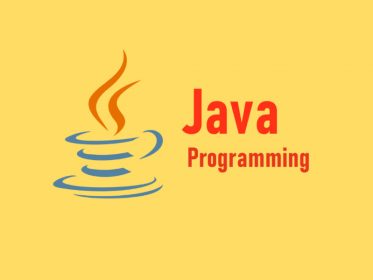Java – Web Developer Course

About Course
A “Java – Web Developer Course” is a training program or course designed to teach individuals the skills and knowledge needed to become a web developer using the Java programming language. Java is a widely used and versatile programming language known for its platform independence and scalability, making it a popular choice for web development.
A comprehensive Java web developer course may cover a range of topics related to web development using Java, including:
1. HTML, CSS, and JavaScript: Understanding the foundational web technologies used for creating the structure, styling, and interactivity of web pages.
2. Introduction to Java: Learning the basics of Java programming, including data types, control structures, object-oriented programming, and exception handling.
3. Servlets: Understanding Java Servlets, which are Java classes that handle HTTP requests and responses, forming the backbone of Java-based web applications.
4. JavaServer Pages (JSP): Learning JSP, which allows embedding Java code within HTML to create dynamic web pages.
5. Model-View-Controller (MVC) Architecture: Understanding the MVC design pattern and how it is implemented in Java web applications.
6. Java Persistence API (JPA) and Object-Relational Mapping (ORM): Exploring JPA and ORM frameworks (e.g., Hibernate) to interact with databases and manage data persistence.
7. Spring Framework: An introduction to the Spring Framework, which provides a comprehensive solution for building Java-based enterprise web applications.
8. RESTful APIs: Building and consuming RESTful APIs in Java to enable communication between the frontend and backend of web applications.
9. Frontend Frameworks: Exploring frontend libraries and frameworks like React, Angular, or Vue.js and integrating them with Java backend applications.
10. Dependency Injection: Understanding dependency injection and inversion of control concepts, which are core principles of the Spring Framework.
11. Authentication and Authorization: Implementing user authentication and authorization features in Java web applications.
12. Testing and Debugging: Understanding techniques for testing and debugging Java web applications to ensure their functionality and reliability.
13. Deployment: Learning how to deploy Java web applications to various hosting platforms, including cloud services like AWS or Heroku.
14. Security: Learning about common web application security vulnerabilities and best practices for securing Java web applications.
15. Real-World Projects: Working on practical web development projects to apply the learned concepts and gain hands-on experience in Java web development.
Java’s widespread use in enterprise-level web development makes it a valuable skill to have as a web developer. As you consider enrolling in a Java web developer course, it’s essential to review the course syllabus, and ensure the course aligns with your learning goals and the specific areas of Java web development you are interested in. Additionally, staying updated with the latest web development trends and Java advancements will benefit your career as a Java web developer.
Course Content
Introduction to Java and Web Development
-
Introduction to Java programming language
-
Setting up a Java development environment (JDK, IDE, etc.)
-
Overview of web development technologies (HTML, CSS, JavaScript)

